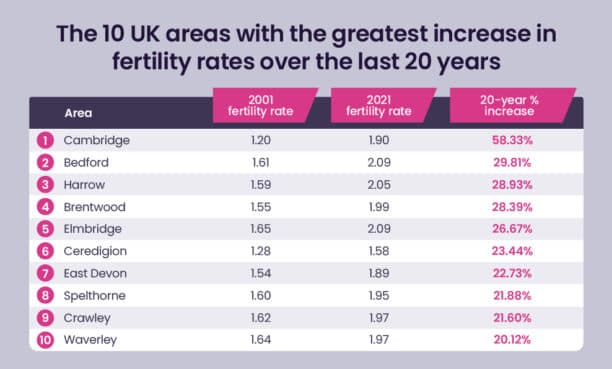UK Fertility Rate Hits Record Low of 1.44 Amid Complex Demographic Shifts, Contrasting Extreme Social Media Claims

A recent social media post by user "Daniel" has drawn attention for its stark and unfounded assertion that "British people want a zero birth rate. They want to die." This provocative statement emerges amidst ongoing discussions about the United Kingdom's demographic trends, which show a continued decline in birth rates, though for reasons far more complex than suggested by the tweet.
Official figures from the Office for National Statistics (ONS) reveal a significant downturn in live births in England and Wales. In 2023, there were 591,072 live births, marking the lowest number recorded since 1977. Concurrently, the total fertility rate (TFR) in England and Wales fell to an unprecedented low of 1.44 children per woman, the lowest value since records began in 1938. This figure is notably below the replacement rate of approximately 2.1 children per woman needed to maintain a population without migration.
The decline in fertility rates is attributed to a confluence of socio-economic factors. Research, including a study from University College London (UCL), suggests that financial pressures, such as rising housing and childcare costs, are significant deterrents for younger generations considering parenthood. Additionally, there is a clear trend towards later childbearing, with the average age of mothers remaining stable at 30.9 years and fathers increasing to 33.8 years in 2023.
Despite the falling birth rates, the UK's overall population has continued to grow, largely sustained by net migration. This demographic pattern is not unique to the UK, as many developed nations globally are experiencing similar declines in fertility, often falling below replacement levels. Experts emphasize that these shifts are part of a broader demographic transition influenced by increased education, workforce participation, and access to birth control.
The extreme sentiment expressed in the tweet by "Daniel" stands in stark contrast to the nuanced reality of these demographic changes. While birth rates are indeed falling, this trend reflects complex individual and societal decisions driven by economic realities and evolving lifestyles, rather than a collective desire for population decline or self-extinction. Understanding these underlying factors is crucial for informed public discourse on the future of the UK's population.